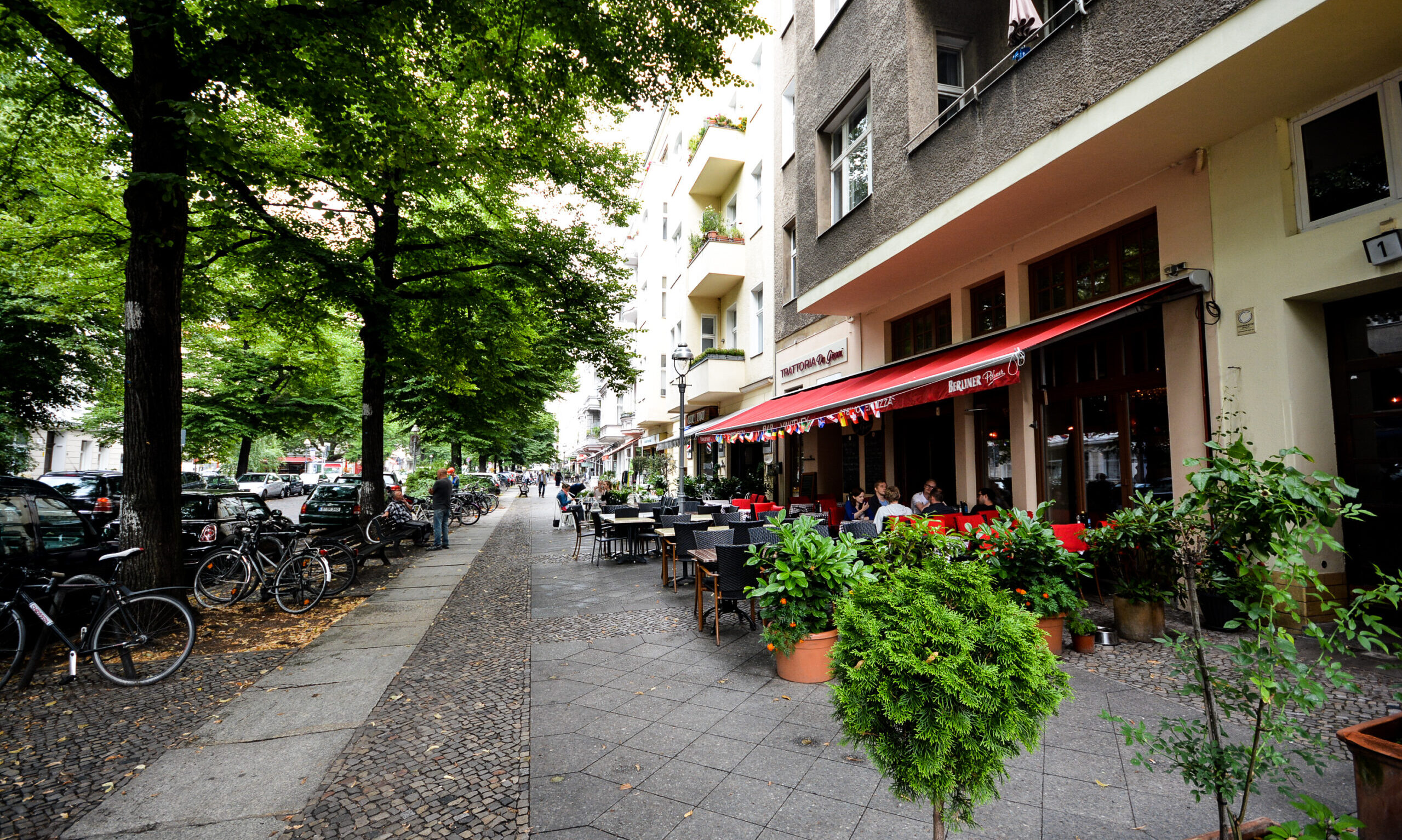We’ve long enjoyed the media, content and mission of European Mobility Week (EMW) so we were glad to have a moment of dialogue with Juan Caballero, European Secretariat Coordinator on EMW and its activities.
Juan is a communication expert working on mobility projects at Eurocities since 2015. He has been coordinating the EUROPEANMOBILITYWEEK Secretariat for the last five years. He moved to Brussels in 2012 after having worked in local TV and radio stations in Spain.
“The idea behind Car-Free Day is to test out how a specific area of your town or city can work without cars. It’s for people to experiment, try and discover, and for local authorities to take note, evaluate, and plan for the near future.“
-Juan Caballero
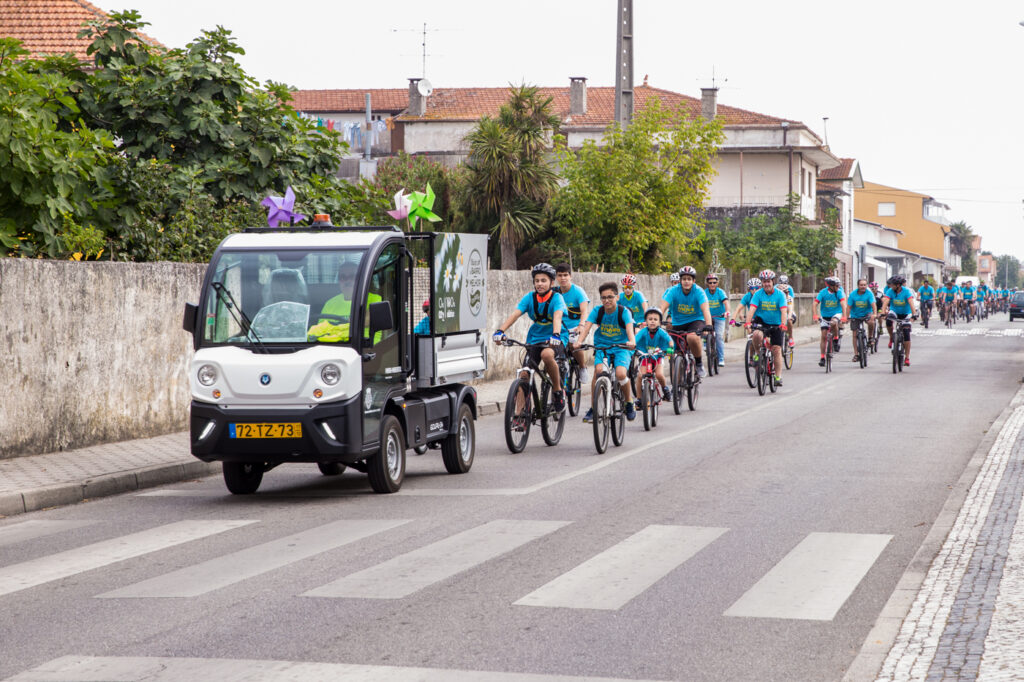
Interview with Juan Caballero, European Secretariat Coordinator
When was European Mobility Week established and why?
In the ’90s, some cities saw the first car-free experiences, and in 2000, Car-Free Day was established on 22 September. The event was so successful that the European Commission proposed to celebrate not only one day but one full week of activities culminating with Car-Free Day on 22 September. This is how EUROPEANMOBILITYWEEK was born 20 years ago, and this explains why the campaign has fixed dates; 16-22 September each year since its launch.
The purpose of EUROPEANMOBILITYWEEK is two-fold: on the one hand, people are invited to experience and discover more sustainable ways to move within their towns and cities; on the other hand, cities have an opportunity to test and present new measures on urban mobility.
Actually, this has been one of the most important aspects of EUROPEANMOBILITYWEEK since its creation. It’s not only about celebrating activities during one week in the year but also to implement permanent measures that leave a long-standing impact of the campaign in the urban environment.
This year’s theme of European Mobility week is: “Safe and Healthy with Sustainable Mobility”. Can you share more about how this was decided upon?
The selection process of the annual theme is a participatory process we are pretty proud of. In June 2020, we had an initial brainstorming with our network of National Coordinators. During the summer, they can check internally in their countries if the themes proposed are relevant for their agendas. In November 2020, we met again, and then the European Commission takes a final decision according to the preferences of National Coordinators. The final theme is always wide enough to allow all towns and cities to present their priorities. For example, in 2021, ‘Safe and Healthy with Sustainable Mobility’ includes three topics within one theme: safety, health and sustainability.
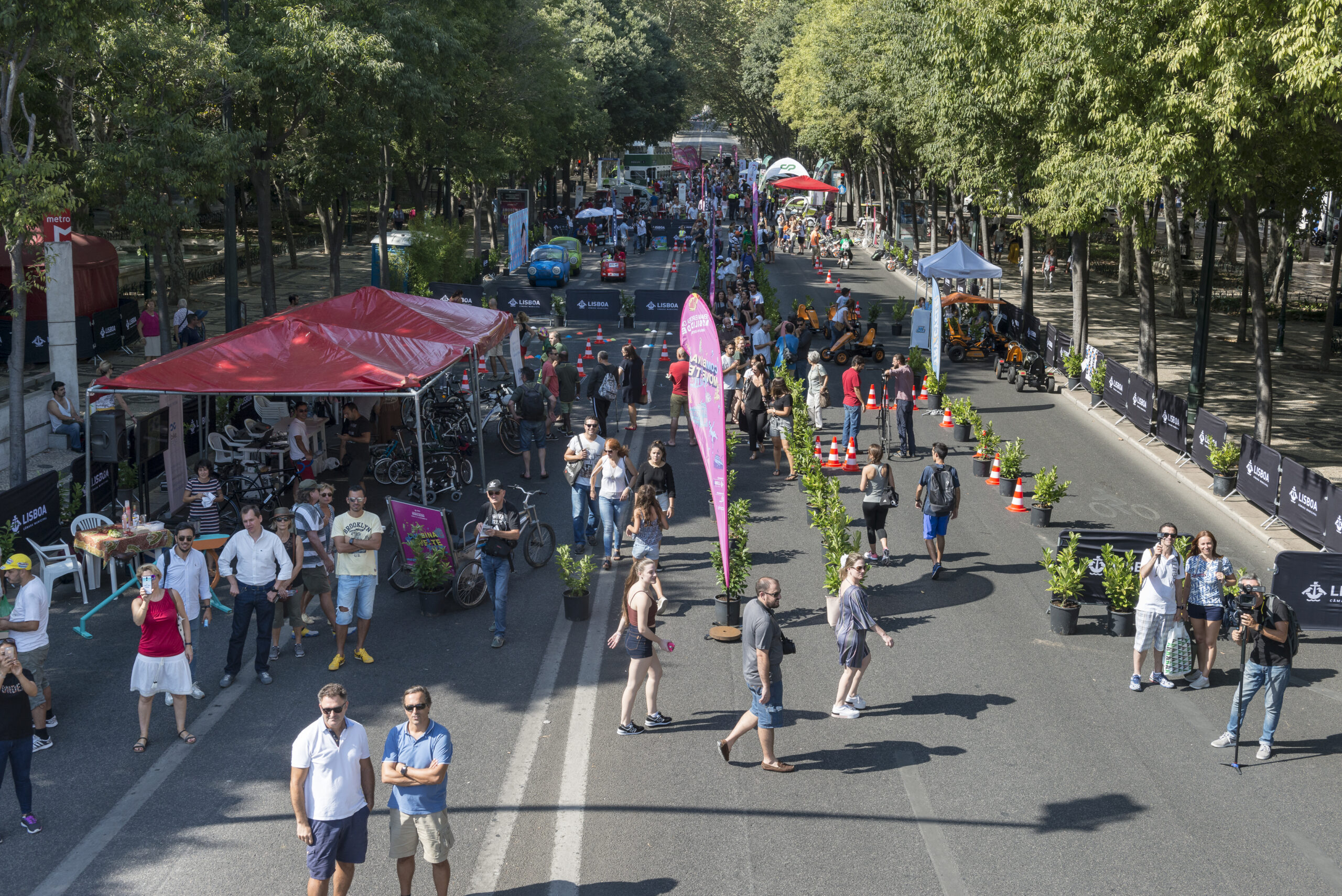
Mental health is part of the focus of this year’s European Mobility Week, really demonstrating how the circumstances of the pandemic influenced planning of this year’s theme. The holistic effect of active mobility on multiple dimensions of health has been an issue that has really come to the forefront. Can you share more about EMW’s role in bringing these issues to the front of the discussion?
When we decided on this theme, we wanted to put the focus on mental health. EUROPEANMOBILITYWEEK has already covered the physical health benefits of sustainable mobility in previous editions. But this time, we were asking ourselves how we can contribute to the well-being of Europeans. If we consider that our mobility habits take a good part of our daily lives and define our lifestyle in a way, and if lifestyle has a clear impact on your health, then we have a role here!
What were the previous themes for European Mobility Week?
This is the list going back in time:
2021: Safe and healthy with sustainable mobility- Move sustainably. Stay healthy.
2020: Zero-emission mobility for all
2019: Safe Walking and Cycling- Walk with us!
2018: Multimodality – Mix and Move!
2017: Clean, shared and intelligent mobility- Sharing gets you further
2016: Smart and sustainable mobility – An investment for Europe Smart mobility. Strong economy.
2015: Multimodality- Choose. Change. Combine.
2014: Quality of life- Our streets, our choice
2013: Air quality- Clean air, it’s your move!
2012: SUMPs- Moving in the right direction
2011: Alternative fuels / clean vehicles- Alternative Mobility
2010: Health- Travel Smarter, Live Better
2009: Climate change- Improving City Climates
2008: Air quality: Clean Air for All
2007: Quality of public space- Streets for People
2006: Climate Change- Climate change
2005: Sustainable commuting – Clever Commuting
2004: Road safety- Safe Streets for Children
2003: Accessibility – Accessible urban transport
2002: Public Transport, Cycling and Living Streets/Greenways
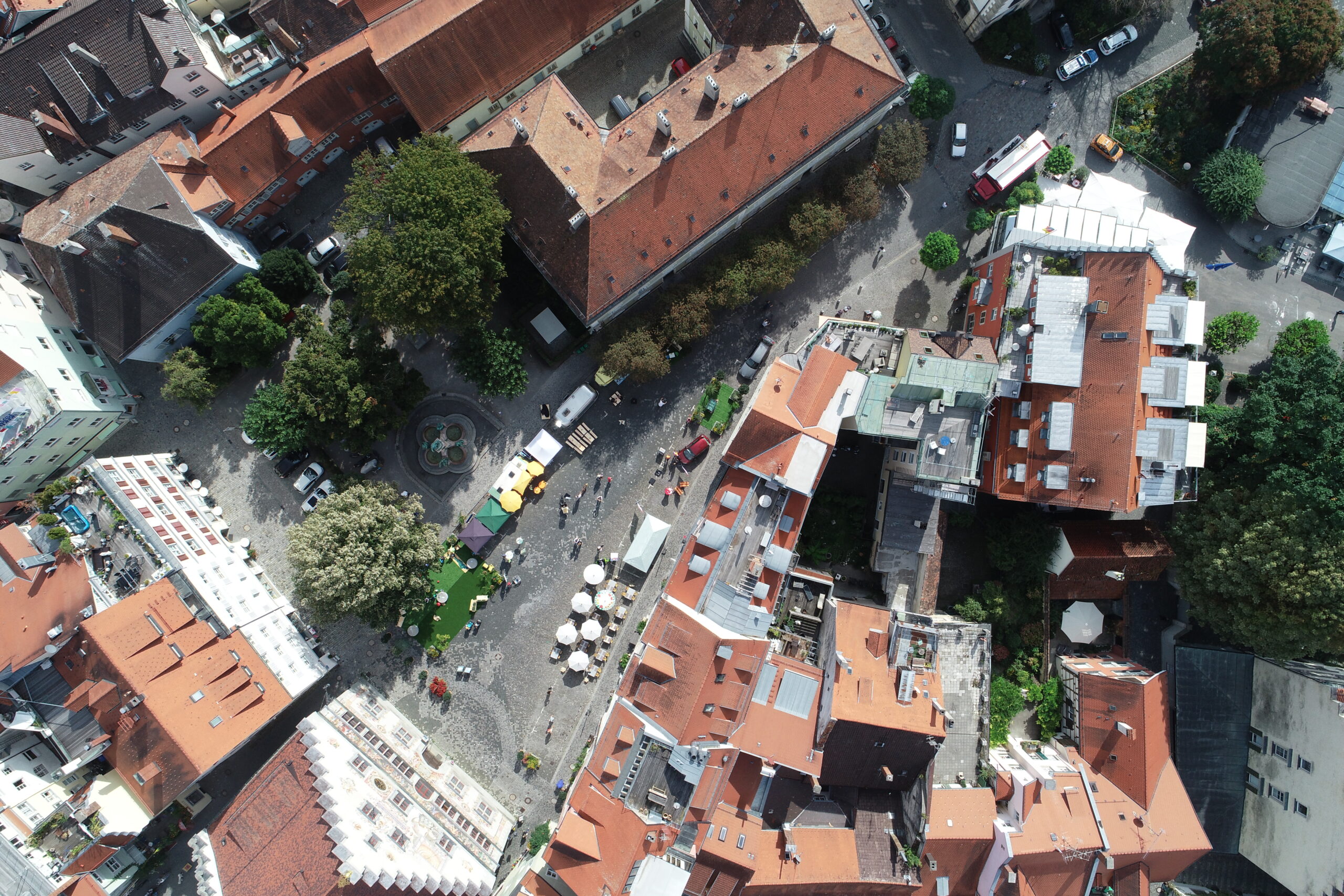
Car-free day is a very exciting initiative that we would like to hear more about. We understand that Car-Free Day events involve the closing of one or more streets to traffic, and opening it to pedestrians, cyclists, and public transport, preferably on 22 September, for a city to take part in World Car-Free Day. What is the goal of Car-Free day?
The idea behind Car-Free Day is to test out how a specific area of your town or city can work without cars. It’s for people to experiment, try and discover, and for local authorities to take note, evaluate, and plan for the near future. In some cities, Car-Free Day is established as a big event in the calendar, more like a festivity. The festival aspect of Car-Free Day is also important; at the end of the day, streets without cars are for healthier and happier people living in the area. The rules are pretty flexible, and we way that it can be any day during EUROPEANMOBILITYWEEK, but preferably on 22 September, its original date. The idea is to try out streets without cars even if it’s a weekday, although some cities prefer to go for Sunday and close the entire territory of the city to cars.
How can individuals participate in European Mobility Week?
Since 2015, we have opened up the possibility for organizations other than cities to register in the campaign. We call this MOBILITYACTIONS; any person, also individuals, are encouraged to register their activities to promote sustainable urban mobility during EUROPEANMOBILITYWEEK or at any other time of the year.
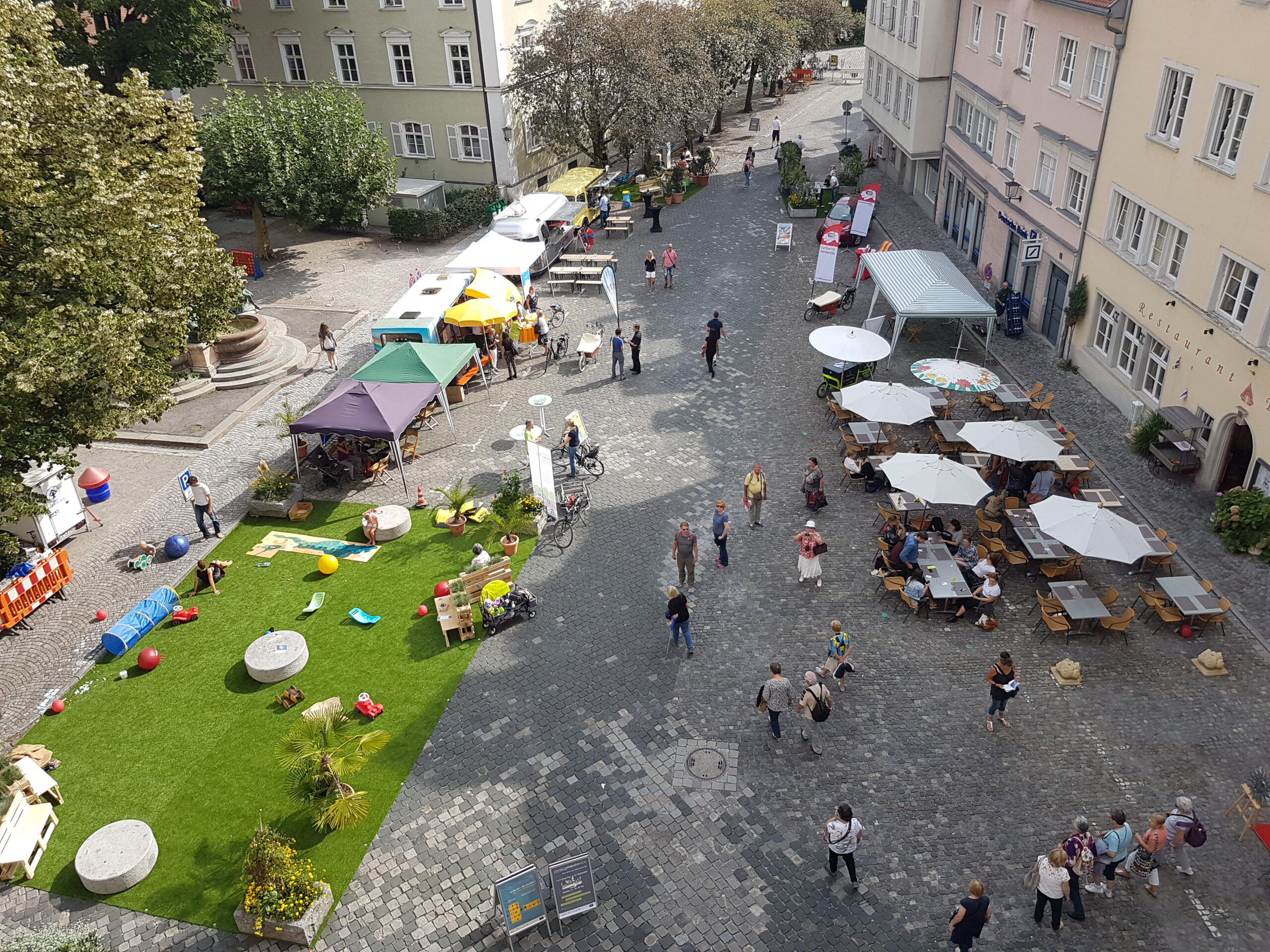
Visit European Mobility Week online at https://mobilityweek.eu/home/
